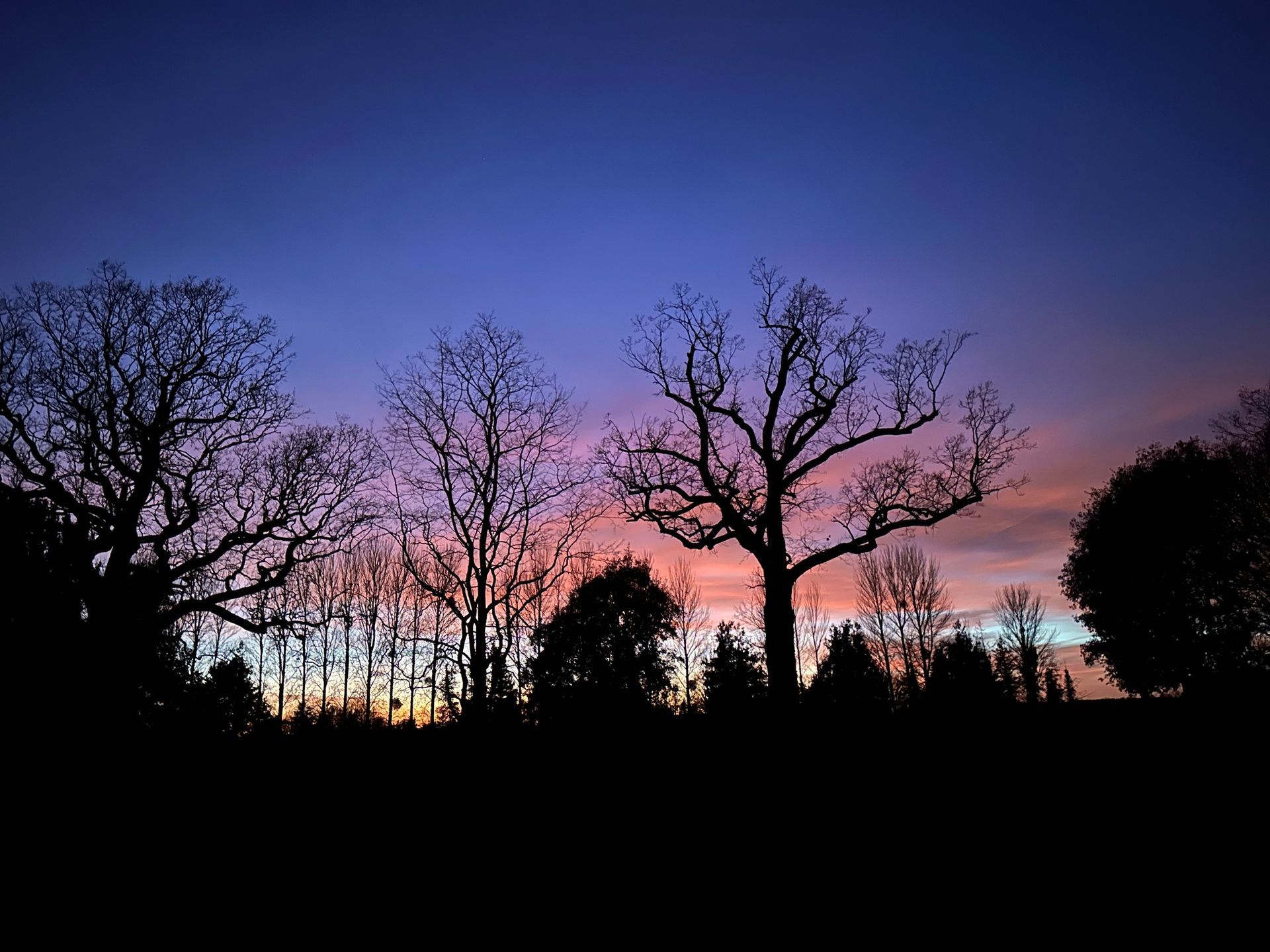Message of Abbot Paul - Saturday - 3rd February 2024
Abbot Paul • February 2, 2024



Early Spring flowers are spectacular at the moment, especially snowdrops, delightfully thick, bright carpets of them appearing all over Herefordshire. The first primroses, too, can be found in cemeteries and hedgerows. Add to that ecstatic birdsong, and you know that Spring is well and truly on its way. And let us not forget the magnificent sunsets. We are living in an earthly paradise.
On Thursday, we heard how Jesus sent the Twelve with authority to preach the Gospel, cast out evil spirits and heal the sick. Today we hear what happened when they returned from their first mission, (Mk 6: 30-34). They began with a debriefing session. “The apostles rejoined Jesus and told him all they had done and taught.” No doubt they were exhausted, but exhilarated by the experience. So Jesus invites them to do what he himself does from time to time. “Then he said to them, ‘You must come away to some lonely place all by yourselves and rest for a while’; for there were so many coming and going that the apostles had no time even to eat. So they went off in a boat to a lonely place where they could be by themselves.” They set off to seek some lonely place where they can be alone, rest and pray. This, too, is part of their mission. For Jesus, prayer lay at the heart of his mission. In fact, we are told that so many people were coming to see them that there wasn’t even time to eat. I should imagine that there wasn’t much time for sleep either. When overtired you can’t be of much use to anyone: we all know that only too well. In order to escape the crowds, they get into a boat and go off in search of that “lonely place,” but things don’t turn out the way they plan. Things never do!
When Jesus and the Twelve arrive at the place they are going to, what do they find, but a crowd of people eagerly awaiting them. Mark writes, “But people saw them going, and many could guess where; and from every town they all hurried to the place on foot and reached it before them.” The fact that people could guess where they were heading for means that this must have been a favourite spot where they went frequently to get away from the crowds, but this time to no avail.
“So as he stepped ashore he saw a large crowd; and he took pity on them because they were like sheep without a shepherd, and he set himself to teach them at some length.” Jesus takes pity on the crowd, he is filled with compassion for them and sets about teaching, “for they were like sheep without a shepherd.” This, of course, is an indictment against the scribes and Pharisees and, indeed, against the high priests. Jesus teaches us, as he teaches his apostles, that the needs of others come before our own. While this is particularly true for a priest or someone in the caring professions, any parent would tell us the same about their children and grandchildren or teachers about their pupils. Lord, teach us to put others first as you did, especially in our mission to proclaim the Gospel and bring healing to those who are suffering. Amen.









